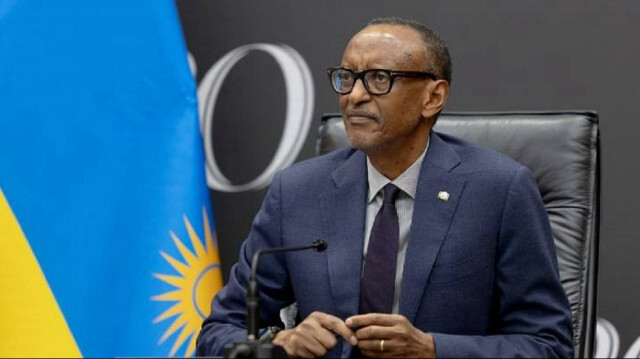
Move comes weeks after authorities closed over 5,000 churches accused of failing to comply with required legal standards
Rwandan authorities announced a ban Thursday on the activities of 43 faith groups across the country effective Aug. 28, weeks after thousands of illegal churches were closed.
A letter issued by the Ministry of Local Government directed districts leaders to enforce the ban, saying an ongoing evaluation found the affected faith-based organizations operating in contravention of existing regulations.
Most of the affected groups were of Pentecostal denominations, including the Lutheran Church, a member of the Lutheran World Federation established in the 1990s in Rwanda to continue the work of German missionaries.
The move came weeks after authorities, in a major crackdown, closed over 5,000 churches accused of failing to comply with required legal standards and exposing the lives of worshipers to unnecessary risks.
Authorities said 59.3% of over 13,000 churches inspected at the end of July were shut down due to non-compliance.
It was the second major crackdown on places of worship in the country.
In 2018, Rwandan authorities closed more than 700 churches found to be operating illegally.
All preachers were also required to have theological training before opening a church under the law determining the organization and functioning of faith-based organizations in the country.
The government had given church leaders five years to enforce the necessary legal standards, something that many reportedly failed to do.
A large number of Rwandans, or about 40% of the population, belong to the Roman Catholic Church.
But the number of Pentecostal churches has been growing in recent years in many parts of the African continent, mostly run by charismatic preachers who preach the prosperity gospel -- promising their followers miracles to change their fortunes.
However, authorities have become suspicious of the intentions of some religious groups.
Rwandan President Paul Kagame, commenting on the crackdown on churches this month, suggested that some clerics under the cover of God manipulate and fleece their followers.
He also suggested the need to introduce a tax on church collections.

